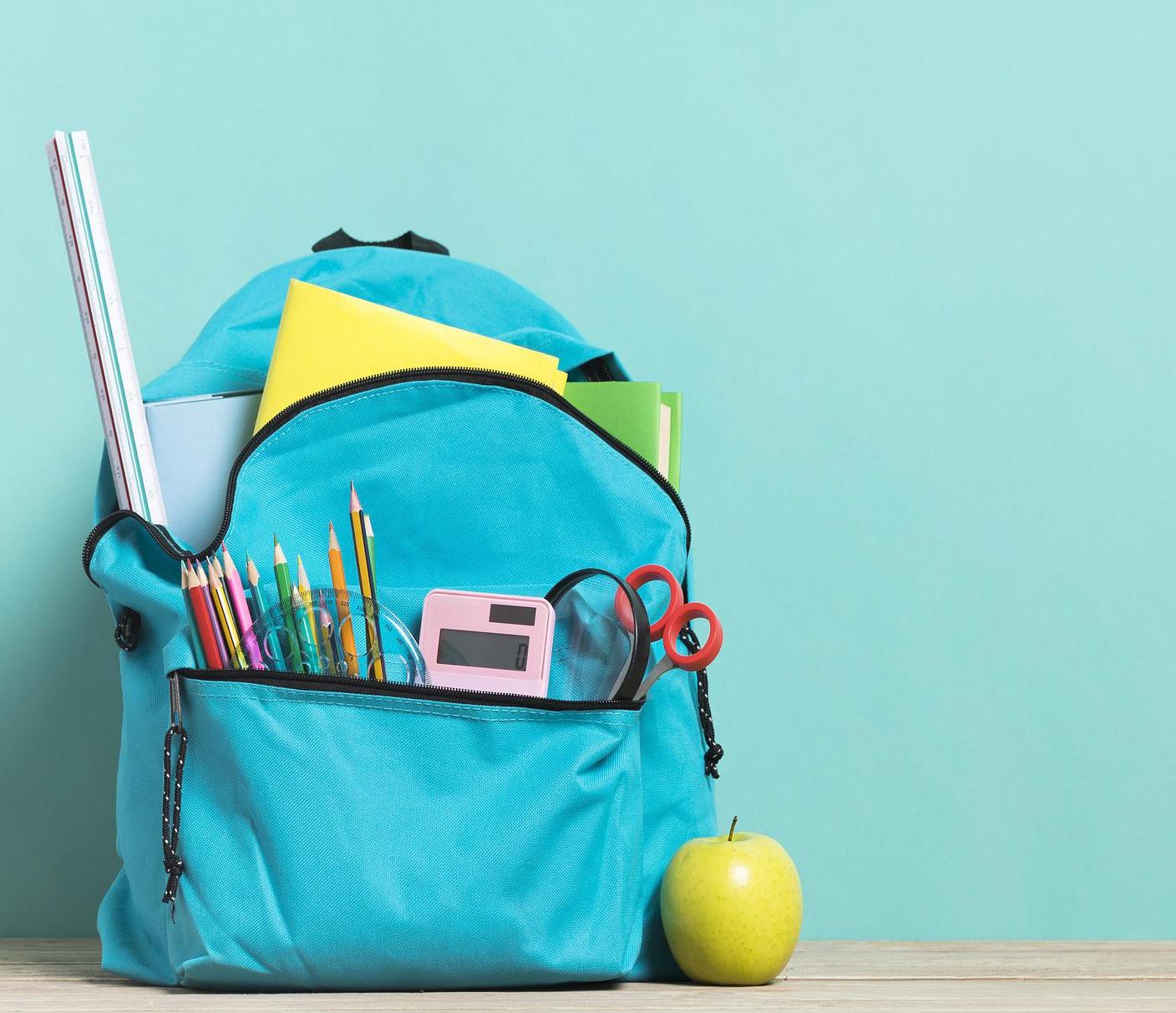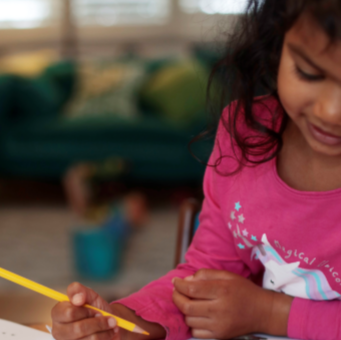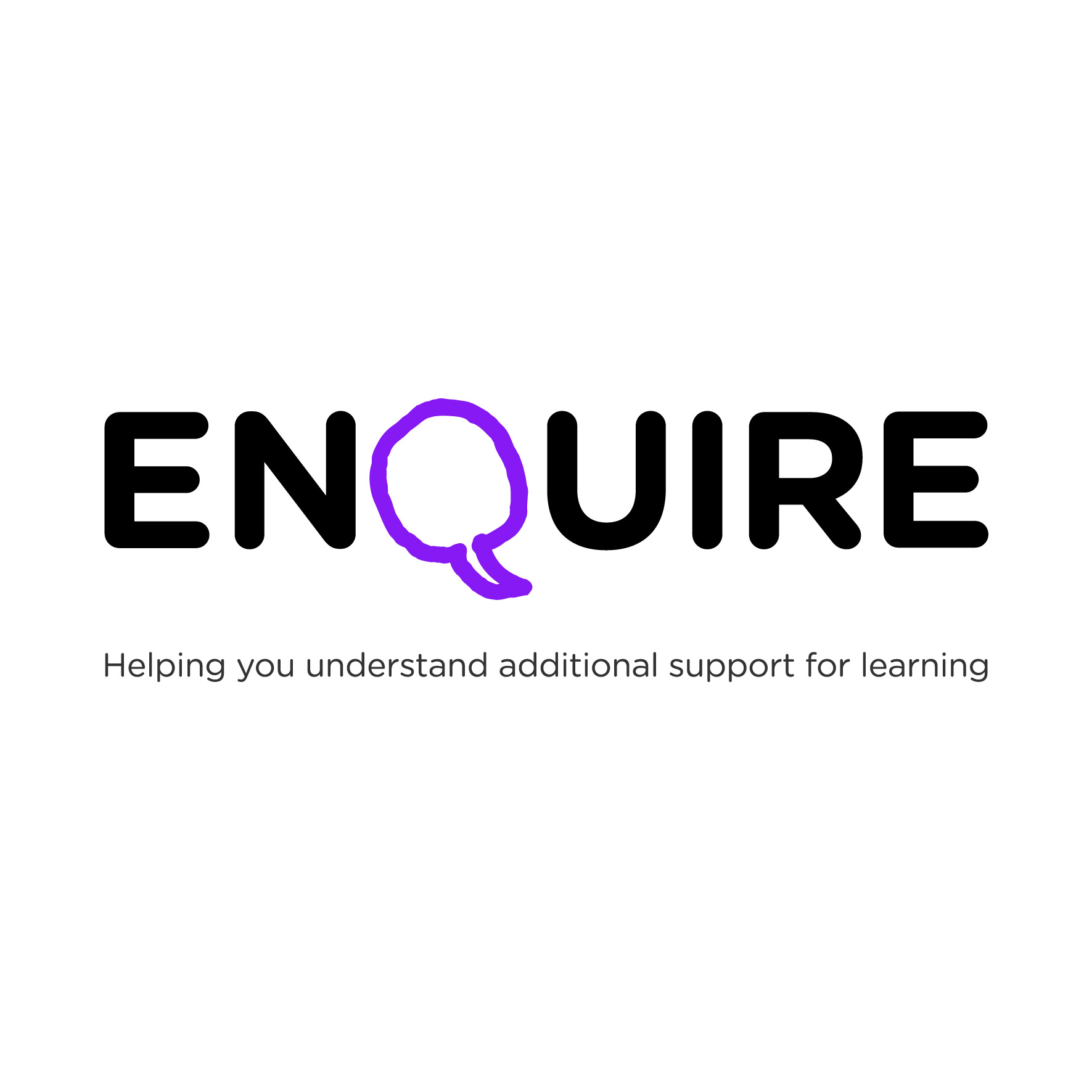Scotland’s education system “needs structural and cultural reform”
19 Dec 2022
As part of our contribution to the National Discussion on Education, we’ve called for a stronger focus on wellbeing and rights-based approaches, improvements in additional support for learning, and expressed strong support for governance reform.
In a briefing submitted in response to the Scottish Government’s National Discussion on Education, we acknowledge the amount of work currently taking place to reform education in Scotland, including creating new education bodies and a formal review of qualification and assessments.
The briefing outlines key areas we believe require progress, encompassing governance reform, meaningful participation of children and young people, wellbeing and learning, additional support for learning, exams and assessments and anti-racist education.
Based on extensive consultation work with our members and the wider children’s sector, as well as knowledge developed through years of engagement work with children and young people, the briefing recommends action and change for the benefit of current and future learners in Scotland.
Amongst its recommendations, it calls for:
- New agencies to have a governance structure with an explicit role for parents, teachers, children, young people, school leaders and the third sector
- Recruitment to leadership roles in national agencies to seek to appoint people from diverse backgrounds and experiences
- More support to embed participative approaches to engagement in school settings and ensure a focus on relationship-based approaches in education through initial teacher education and continuing professional learning
- A return to 2010 levels of specialist provision for additional support needs
- Increased focus on ASL in initial teacher education and through continuous training
- New / renewed national policy to support training in racial literacy
- Removal of standardised tests in favour of a more holistic approach to achievement.
Children in Scotland's Chief Executive Jude Turbyne said:
“Scottish education needs a significant structural and cultural change to ensure all learners’ needs are met.
“We know from our extensive engagement work that currently the education system isn’t delivering for learners or teachers.
“We are consistently told about issues around support for learning, and the impact on mental health and wellbeing that the current exam system can result in. Calls for or more open, inclusive and representative governance are also well overdue.
“We have an opportunity, through the National Discussion and other reviews, to fundamentally change the school and learner experience for children and young people in Scotland.
“We are calling for a united effort to recognise these problems and deliver a rights-based, inclusive education system which truly responds to what young people are telling us.”
The briefing builds upon the Learning theme of Children in Scotland’s 2021-26 Manifesto, launched in November 2020.
Alongside feedback from the Inclusion Ambassadors, it was submitted to Scottish Government in response to their consultation Let’s Talk Education: Our National Discussion.
The National Discussion on Education closed for responses on 5 December.
Click here to read the Children in Scotland Education Briefing in full
Click here to read the Inclusion Ambassador’s submission to the National Discussion

Education Briefing
Presenting evidence and outlining our calls for change
Click here to read the Briefing
Let's Talk Education
The Inclusion Ambassadors respond to the National Discussion
Click here to read their submission
Children in Scotland Manifesto 2021-26
Read our calls for change across 10 themes
Click here to find out more


My Rights, My Say
Helping children aged 12-15 with support needs to exercise their rights in school
Click here to find out more